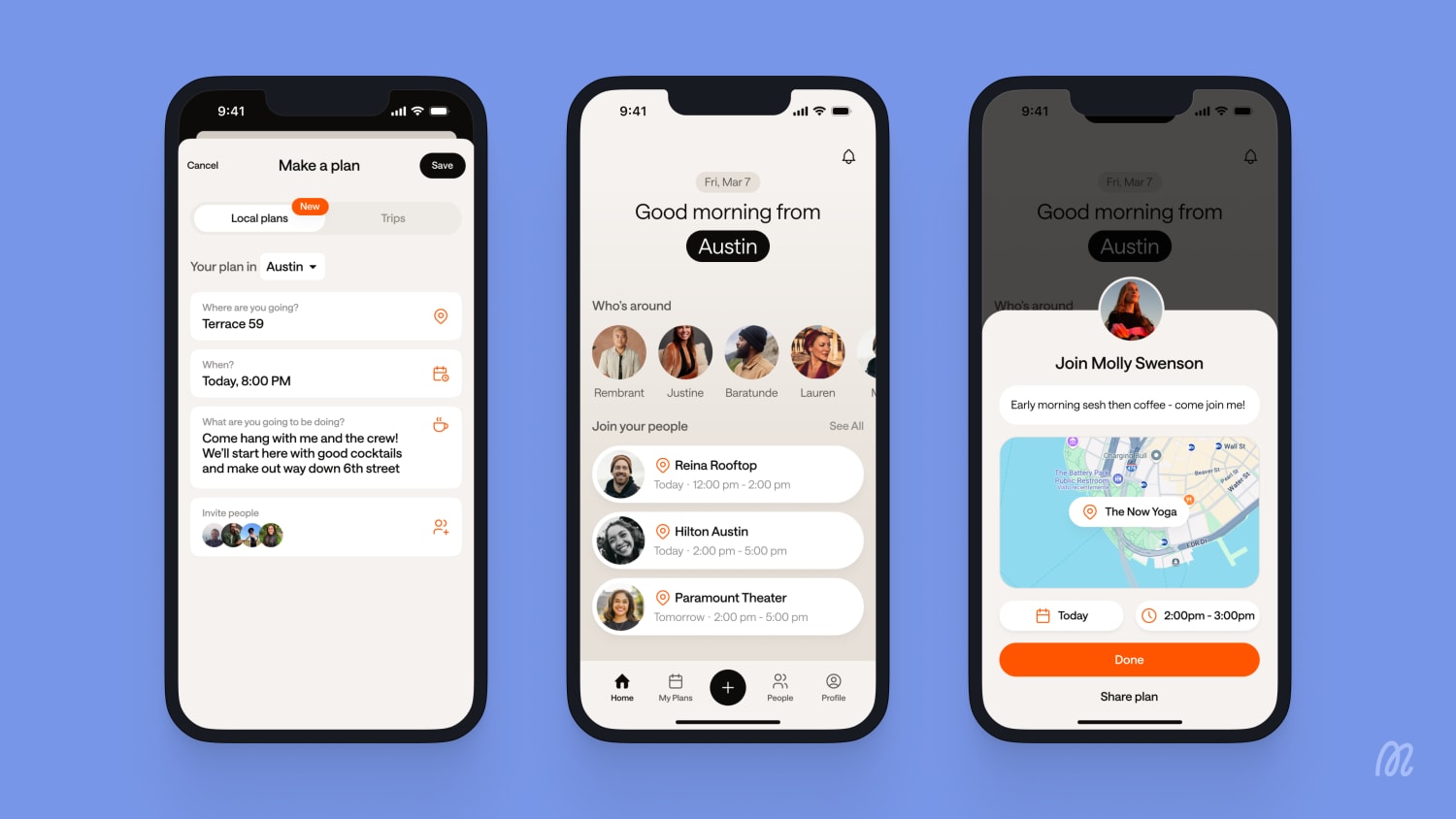Is social media, in its current form, no longer fit for purpose? From toxic discourse to misinformation, from privacy concerns to how online interactions impact in-person connection, consumers are questioning what benefits these platforms bring. Indeed, VML data shows that only 7% of the people surveyed globally say they strongly trust social media platforms to share accurate information, while 67% agree with the statement that “Overall, social media is having a negative impact on society,” a figure that rises to 69% among Gen Z.
Just take how Netflix’s Adolescence, which charted how young people can be lured in by the misogynistic side of social media, captured the global imagination when it premiered in March, with the show still Netflix’s second most-watched show globally in mid-April. Meanwhile, social platforms’ collection of consumer data continues to raise myriad privacy concerns, especially as we head towards the agentic era, as Meredith Whittaker, president of messaging app Signal, pointed out at this year’s SXSW conference.
As disquiet grows, an alternative is emerging as a wave of “pro-social” initiatives from existing and challenger platforms variously aim to bring a less divisive, dopamine-fueled approach to social media; to take privacy more seriously; or to foster more organic IRL connections.





